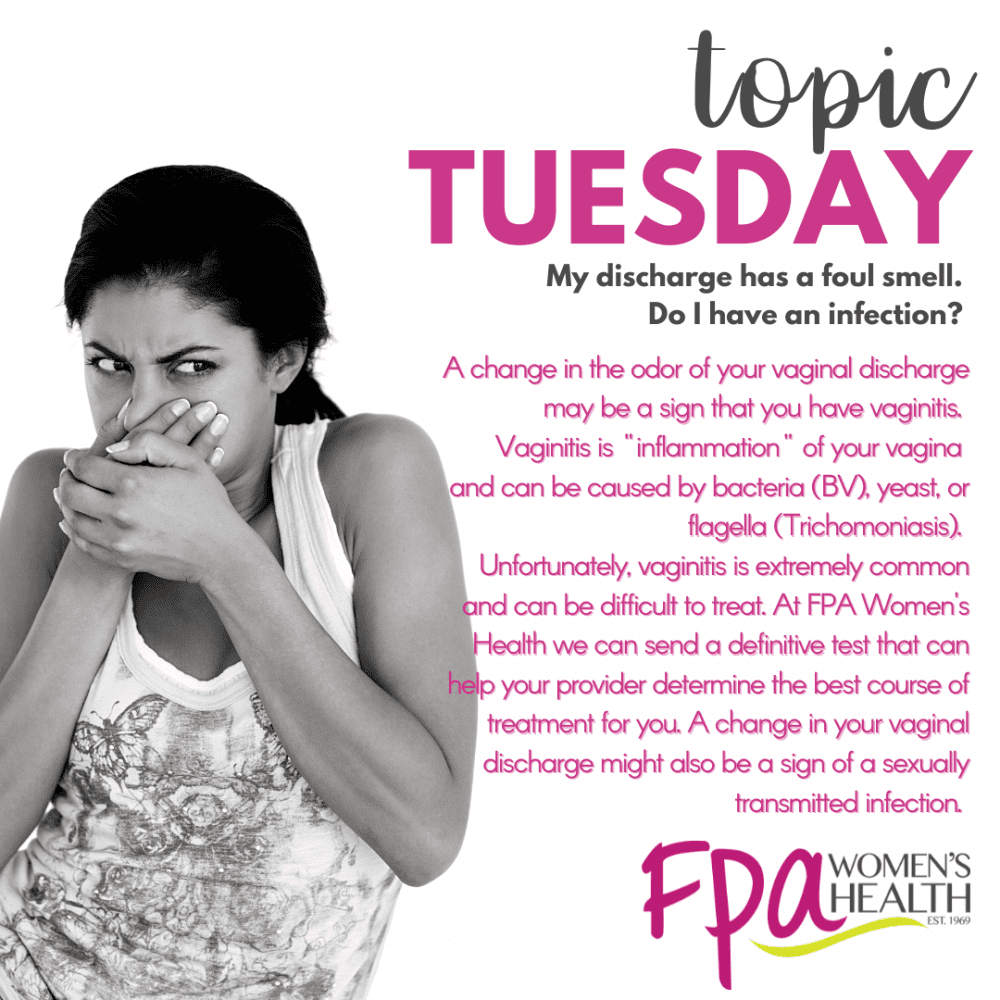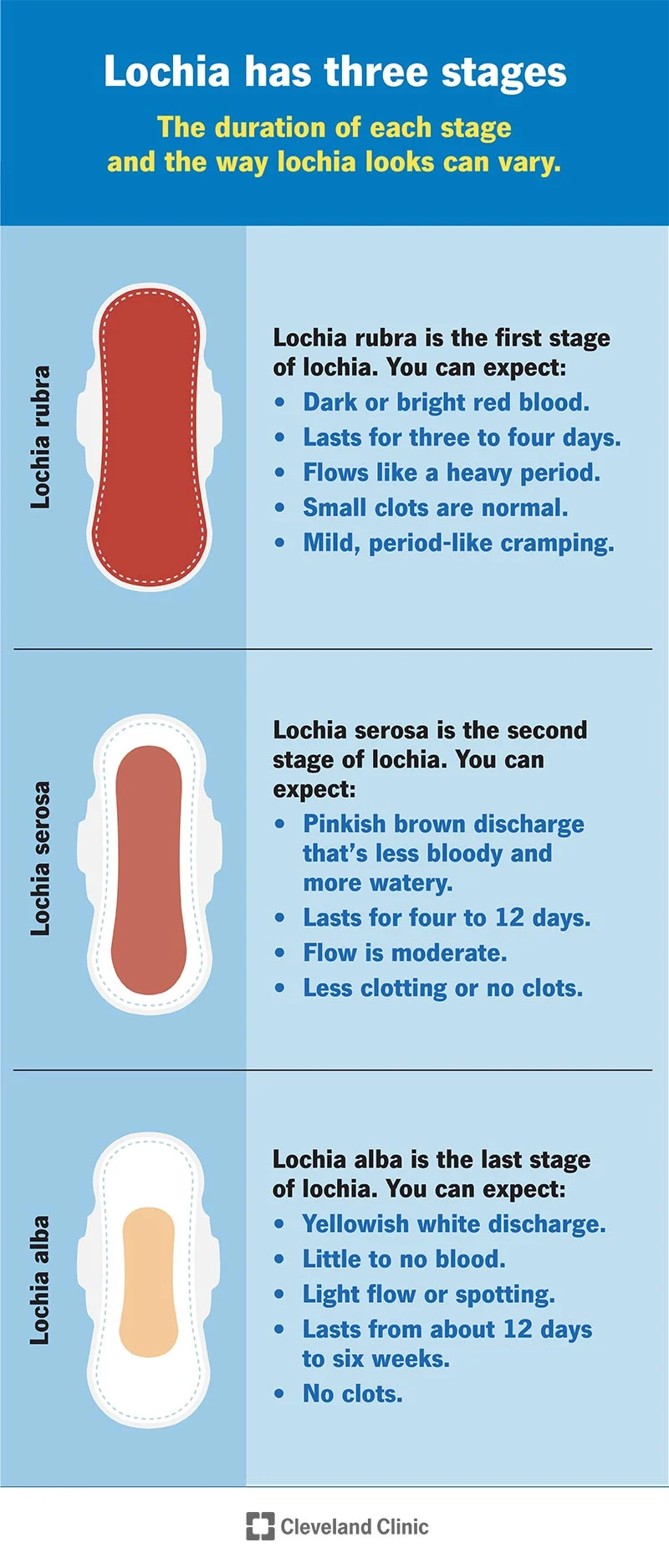Foul Smelling Discharge After Birth
Foul Smelling Discharge After Birth - Postpartum vaginal odour is an unusual smell from the vagina after giving birth. Persistent bleeding or bleeding that gets heavier, along with blood clots. Lochia is the vaginal discharge you have after giving birth. This discharge is a combination of blood, mucus, uterine tissue, and other substances that are part of the postpartum healing process. This can also be an indication that something is wrong. Lochia is the vaginal discharge that occurs after giving birth, containing blood, mucus, and uterine tissue. It contains a mix of blood, mucus and uterine tissue. Lochia is heavy at first but. It has a stale, musty odor like menstrual period discharge and can last several weeks. After giving birth, many women experience vaginal discharge known as lochia.
Lochia is heavy at first but. Its presence can alter your natural scent due to its composition and the fact that it provides a medium for bacterial growth. Persistent bleeding or bleeding that gets heavier, along with blood clots. Lochia is the vaginal discharge you have after giving birth. It has a stale, musty odor like menstrual period discharge and can last several weeks. This can also be an indication that something is wrong. Lochia is the vaginal discharge that occurs after giving birth, containing blood, mucus, and uterine tissue. After giving birth, many women experience vaginal discharge known as lochia. Postpartum vaginal odour is an unusual smell from the vagina after giving birth. It is a common concern for many women and is often a part of the normal healing and recovery process after childbirth, says obstetrician and.
It is a common concern for many women and is often a part of the normal healing and recovery process after childbirth, says obstetrician and. This can also be an indication that something is wrong. After giving birth, many women experience vaginal discharge known as lochia. It has a stale, musty odor like menstrual period discharge and can last several weeks. Persistent bleeding or bleeding that gets heavier, along with blood clots. Its presence can alter your natural scent due to its composition and the fact that it provides a medium for bacterial growth. It contains a mix of blood, mucus and uterine tissue. Lochia is the vaginal discharge that occurs after giving birth, containing blood, mucus, and uterine tissue. This discharge is a combination of blood, mucus, uterine tissue, and other substances that are part of the postpartum healing process. Lochia is heavy at first but.
PPT E N T IN DAILY PRACTICE. PowerPoint Presentation, free download
Postpartum vaginal odour is an unusual smell from the vagina after giving birth. It contains a mix of blood, mucus and uterine tissue. It is a common concern for many women and is often a part of the normal healing and recovery process after childbirth, says obstetrician and. This discharge is a combination of blood, mucus, uterine tissue, and other.
(PDF) Diagnostic challenge in a case of foulsmelling vaginal discharge
Its presence can alter your natural scent due to its composition and the fact that it provides a medium for bacterial growth. Lochia is heavy at first but. After giving birth, many women experience vaginal discharge known as lochia. Lochia is the vaginal discharge you have after giving birth. This discharge is a combination of blood, mucus, uterine tissue, and.
Discharge With a Foul Odor FPA Women's Health
This discharge is a combination of blood, mucus, uterine tissue, and other substances that are part of the postpartum healing process. This can also be an indication that something is wrong. It contains a mix of blood, mucus and uterine tissue. Persistent bleeding or bleeding that gets heavier, along with blood clots. Lochia is the vaginal discharge you have after.
Mucous Discharge in Haemorrhoids/ Piles Sticky Foul Smelling
After giving birth, many women experience vaginal discharge known as lochia. This can also be an indication that something is wrong. Lochia is heavy at first but. Lochia is the vaginal discharge you have after giving birth. Persistent bleeding or bleeding that gets heavier, along with blood clots.
How To Treat Foul Smelling Discharge After Abortion? Signs & Symptoms
Lochia is heavy at first but. It contains a mix of blood, mucus and uterine tissue. Persistent bleeding or bleeding that gets heavier, along with blood clots. Its presence can alter your natural scent due to its composition and the fact that it provides a medium for bacterial growth. Lochia is the vaginal discharge that occurs after giving birth, containing.
leucorrhoea ,vaginal discharge, smell, women should know intouchmedicare
This discharge is a combination of blood, mucus, uterine tissue, and other substances that are part of the postpartum healing process. Lochia is heavy at first but. Persistent bleeding or bleeding that gets heavier, along with blood clots. Lochia is the vaginal discharge that occurs after giving birth, containing blood, mucus, and uterine tissue. Its presence can alter your natural.
What is Postpartum Lochia? What You Need to Know Baby Chick
Lochia is the vaginal discharge you have after giving birth. Its presence can alter your natural scent due to its composition and the fact that it provides a medium for bacterial growth. Lochia is the vaginal discharge that occurs after giving birth, containing blood, mucus, and uterine tissue. This can also be an indication that something is wrong. Persistent bleeding.
Lochia Stages of Postpartum Bleeding, Smell, SelfCare
Persistent bleeding or bleeding that gets heavier, along with blood clots. After giving birth, many women experience vaginal discharge known as lochia. It has a stale, musty odor like menstrual period discharge and can last several weeks. This can also be an indication that something is wrong. Its presence can alter your natural scent due to its composition and the.
smelly discharge pregnancy sign prenatal vitamins
After giving birth, many women experience vaginal discharge known as lochia. Its presence can alter your natural scent due to its composition and the fact that it provides a medium for bacterial growth. Lochia is the vaginal discharge that occurs after giving birth, containing blood, mucus, and uterine tissue. This can also be an indication that something is wrong. It.
Algorithm for foul‐smelling or purulent amniotic fluid. Download
This can also be an indication that something is wrong. Lochia is heavy at first but. It contains a mix of blood, mucus and uterine tissue. Its presence can alter your natural scent due to its composition and the fact that it provides a medium for bacterial growth. It has a stale, musty odor like menstrual period discharge and can.
Lochia Is Heavy At First But.
Its presence can alter your natural scent due to its composition and the fact that it provides a medium for bacterial growth. Postpartum vaginal odour is an unusual smell from the vagina after giving birth. It contains a mix of blood, mucus and uterine tissue. This discharge is a combination of blood, mucus, uterine tissue, and other substances that are part of the postpartum healing process.
After Giving Birth, Many Women Experience Vaginal Discharge Known As Lochia.
It is a common concern for many women and is often a part of the normal healing and recovery process after childbirth, says obstetrician and. Lochia is the vaginal discharge that occurs after giving birth, containing blood, mucus, and uterine tissue. Lochia is the vaginal discharge you have after giving birth. It has a stale, musty odor like menstrual period discharge and can last several weeks.
Persistent Bleeding Or Bleeding That Gets Heavier, Along With Blood Clots.
This can also be an indication that something is wrong.







:max_bytes(150000):strip_icc()/lochia-5186843-Final-090b3d45679b457db4cbc95d685c6db5.jpg)

